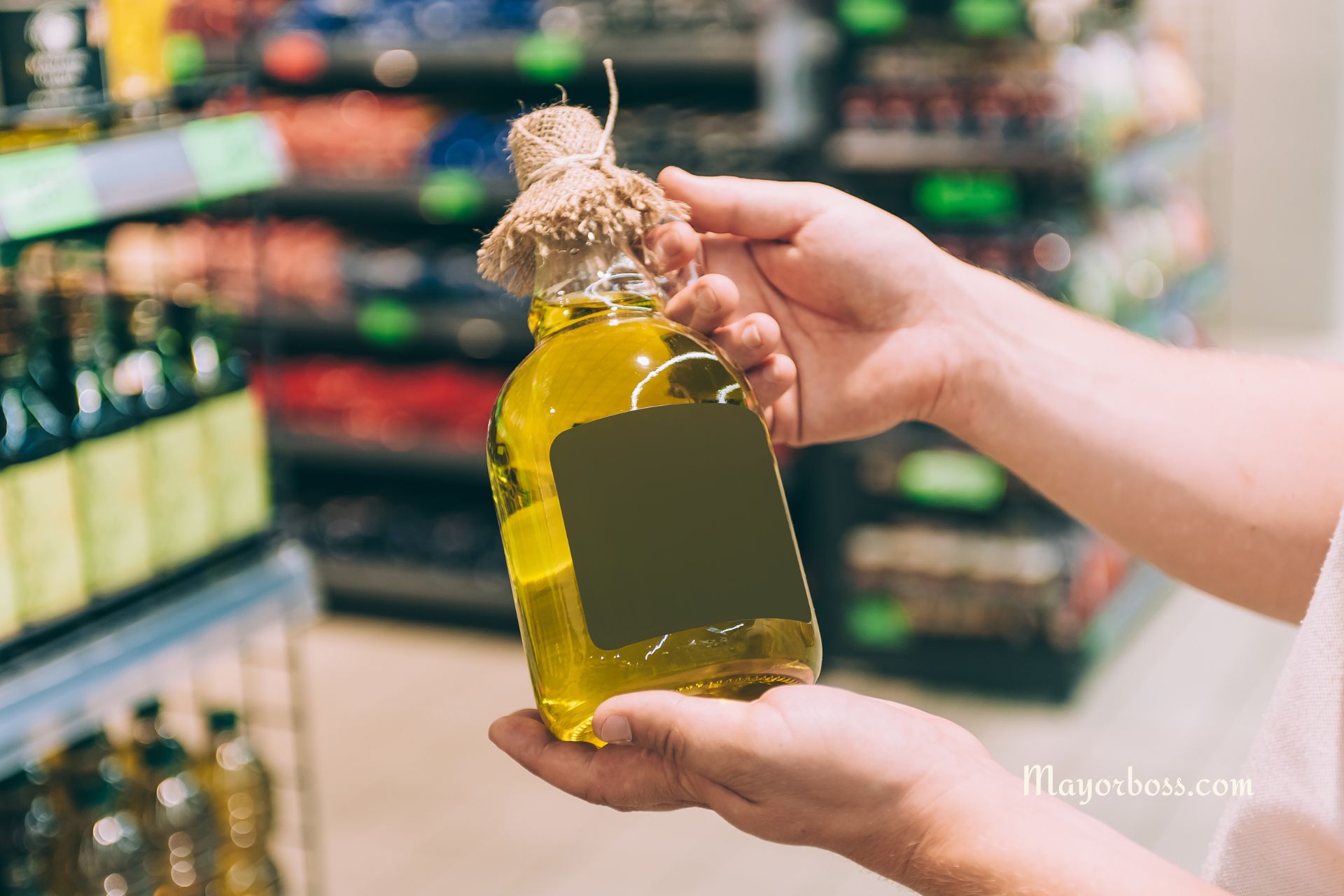Do you want to know if an olive oil is fake? Your refrigerator can help!

Have you ever questioned the authenticity of your olive oil? It’s a common concern, especially considering that true, high-quality olive oil not only tastes better but also offers significant health benefits. Now, you might be wondering how you can verify the purity of the olive oil sitting in your kitchen. Surprisingly, your refrigerator might just be the tool you need.
What Makes Olive Oil “Real”?
First, let’s clarify what real olive oil means. Olive oil, particularly extra virgin olive oil, is extracted from the fruit of the olive tree using purely mechanical means. This type of oil is praised for its rich flavor and health properties, including a high content of antioxidants and healthy fats.
How Can Your Refrigerator Help?
Here’s a simple test you can try at home:
- Pour the Olive Oil into a Container: Take a small amount of olive oil and pour it into a clean, small glass jar or a bowl.
- Place It in the Refrigerator: Put the container in your refrigerator and leave it there for about 24 hours.
What to Look For After 24 Hours
After a day in the cold, check on your olive oil. Genuine extra virgin olive oil should start to solidify and show signs of thickening or cloudiness at cold temperatures. This reaction happens because of the high monounsaturated fat content, which begins to solidify at cooler temperatures.
But Here’s a Crucial Tip
This test is not foolproof. Why? Because some high-quality olive oils, depending on their origin and the types of olives used, might not solidify completely. Additionally, some lower quality oils or even refined oils might partially solidify, misleading you into thinking they are of high quality.
Other Ways to Determine Olive Oil Authenticity
While the refrigerator test is a good start, you should also consider these methods for a more accurate assessment:
Check the Label Thoroughly
Read the label for any certification marks or the origin of the olive oil. Certifications can be an excellent indication of quality control.
Taste and Smell
True extra virgin olive oil has a fresh, grassy smell, and it tastes like fresh olives. It might also have a peppery kick at the end. If the oil tastes flat or rancid, it’s likely not high quality.
Observe the Color
Genuine olive oil should have a vibrant, greenish hue, although color alone won’t provide a definitive assessment of its quality.
Frequently Asked Questions
1. Why doesn’t all olive oil solidify in the refrigerator?
The solidification of olive oil can depend on various factors, including the type of olives used and their harvest time. Some oils, especially those made from late-harvest olives, might have lower monounsaturated fats, affecting their solidification.
2. Can I rely solely on the refrigerator test to confirm the authenticity of olive oil?
No, the refrigerator test should only be one part of your overall assessment. Combining sensory evaluation (taste and smell), checking labels, and looking for certifications will give you a more comprehensive understanding.
3. What should I do if my olive oil does not solidify?
If your olive oil does not solidify, consider testing it with other methods mentioned above. If you still have doubts, it might be wise to choose another brand with clear quality certifications and better sensory markers of quality.
In conclusion, while your refrigerator can provide clues about the authenticity of your olive oil, combining various methods will yield the most reliable results. This approach ensures you enjoy the true taste and health benefits of genuine olive oil.






